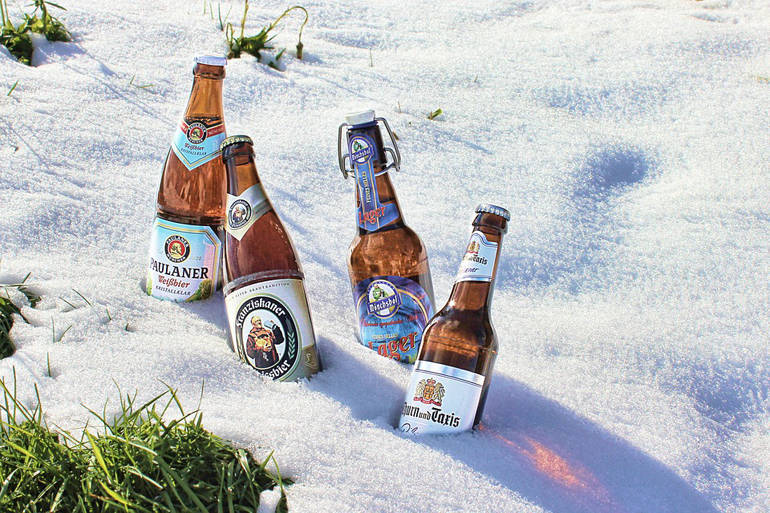Start 14-Day Trial Subscription
*No credit card required

Winter Style Recommendations
Wintry climes are prime for big boozy warmers, but that doesn’t mean you have to limit yourself to standard styles. There are a million ways to skin an arctic snow fox, and limitless choices of winter cheer to imbibe. We’ve chosen two styles that may not immediately come to mind when you think of snow shoes and log cabins, but will have you rosy-cheeked and warm-spirited nevertheless.
White IPA
First up is a style that blends two continents of beer tradition together in one glass, for results that won’t fill you up quite as much as a Russian Imperial, but goes bold and sharp on the flavor. I’m dreaming of a White IPA – but it’s not just like the one you used to know.
This is essentially a Franken-style, a mash-up of American IPA and Belgian witbier made with the modern beer-lover in mind. Its fruity, spicy and refreshing, but lighter in color and body than an American IPA with the spice and/or yeast additions found in a typical Belgian wit.
The aroma will be moderately ester-tastic, and everything you’d expect from both of these fragrant styles: citrus, banana and a bit of tropical fruit will meld with yeast or spice notes of coriander and pepper. You may even detect a hint of clove. It’s the best of the Old World and the New.
Expect a warm golden, hazy appearance and a big frothy head, perfect for clanking in a festive pub atmosphere, or sipping round the fire. The flavors will mirror the aroma, stone-fruity notes of apricot and citrus notes will be engulfed in a tangy swirl of spice, followed by a crisp, dry and bitter finish that’ll energize you amidst the cacophony of Old Man Winter's wheezing and electric logs crackling.
Vital Statistics: OG: 1.056 – 1.065 IBUs: 40 – 70 FG: 1.010 – 1.016 SRM: 5 – 8 ABV: 5.5 – 7.0%
Three to Try:
New Belgium Accumulation: This is likely to be a gateway White for many, as it’s easy to find and marketed as a seasonal. The billowy pour calls to mind snow days of yore, as does the wintry imagery on the bottle. Nugget and Centennial make for a resinous offering, but it’s tempered with a bit of wheat, and a nice dose of Mosaic and Amarillo dry-hopping accumulate for a big, festive snowy punch.
6.2% ABV, 55 IBU
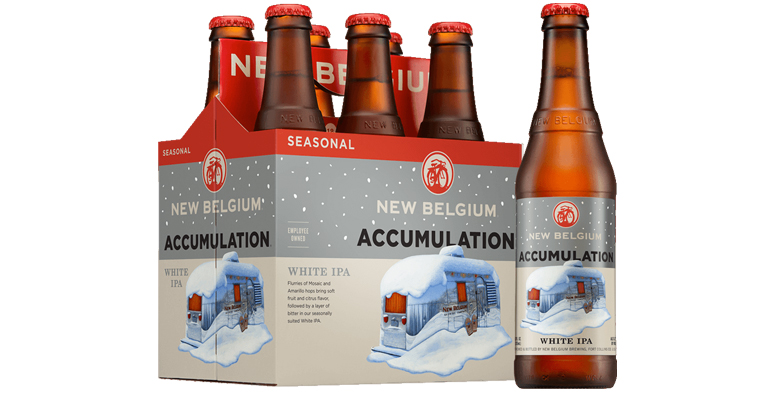
Sweetwater Whiplash White: A personal favorite, this is bold and bitter, more on the IPA side than Belgian wit, but the body isn’t as super sweet and heavy as a similarly hopped might be. They don’t skimp on the hopping, throwing in Bravo, Ahtanum, Centennial, Cascade, and dry-hopping with three or four more. You’ll get a light, biscuity malt sweetness followed by a biting bitter finish. It’s as if your parents disposed of the Christmas tree by brewing it into a piney elixir.
6.3% ABV, 55 IBU
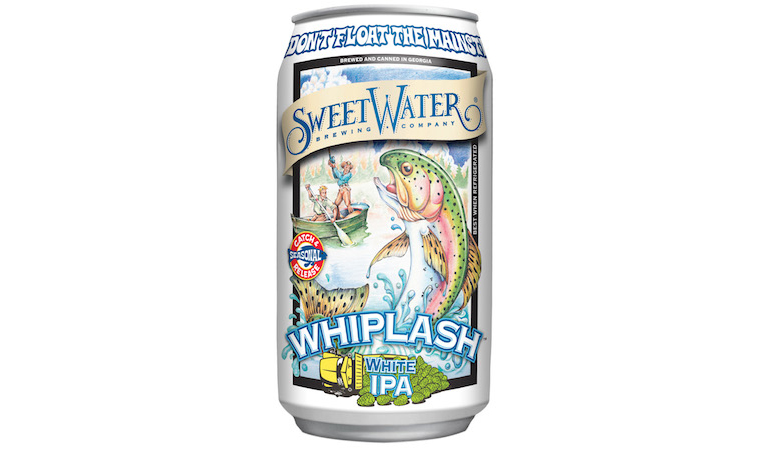
Sierra Nevada Snow Wit: This beauty is more a wintry wit than bitter hit, though it doesn’t skimp on variety. The seven “dwarf” hops used to make it rotate every year, but there’s nothing Dopey about this beer. The name comes from how the hops are grown – shorter hedgerows rather than tall trellises, which make for denser, flavor-packed hop cones. The only mainstay is the Summit hop varietal, along with the coriander wheat and orange peel you’d expect to see in a Wit.
5.7% ABV, 45 IBU
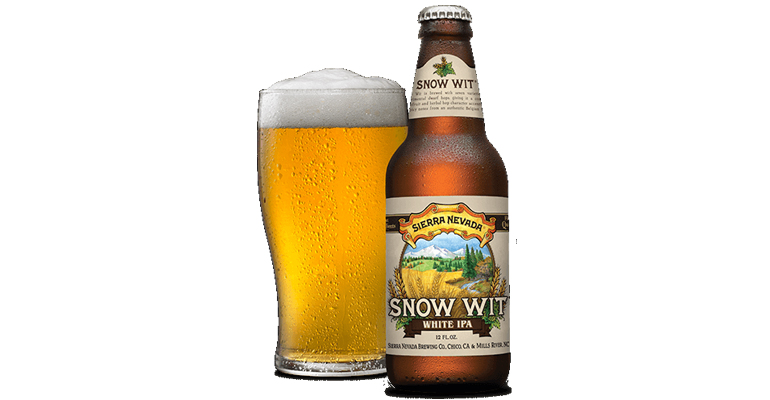
Also -- if you like the idea of hop-forward winter offerings, check out Fresh Hop beers. If none come to mind, think Sierra Nevada Celebration. It bucks tradition while forming one of its own.
Old Ale
Now for something completely different – Old Ale. It’s a malt-centric blend of caramel, toffee, dried fruit and molasses with notes of ester and alcohol similar to sherry or port wine. Usually aged and somewhat mellow, hop aromas are minimal to non-existent, putting this style on the opposite end of the flavor spectrum.
It’ll light your fire with its higher alcohol content, but the beer itself will usually skew towards dark and opaque, with minimal head from age and alcohol. What this style lacks in hops it makes up for with rich malt character, taking you on a tour of roast, chocolate, sweet and fruit in various order. Often, wood-aging or blending can incorporate aspects of sourness or Brett, but malt will always be at the fore.
Old Ales draw roots from England, with their attributes placing them firmly between strong and rich barleywines, and more roasty, balanced and less alcoholic porters. Flavor and strength will vary according to ingredients, which can include adjuncts like molasses, treacle, maize or flaked barley for added sweetness and alcohol. The diacetyl found in Scotch ales will not be present, but they do make good gifts, or bottles to share.
Three to Try:
Alesmith Olde Ale: In British tradition, notes of currants and dried fruit marry with complex dark sugars, balanced by subtle, traditional English hops. This ale comes ready to enjoy, but it can also be aged for 20+ years!
11% ABV, 25 IBU
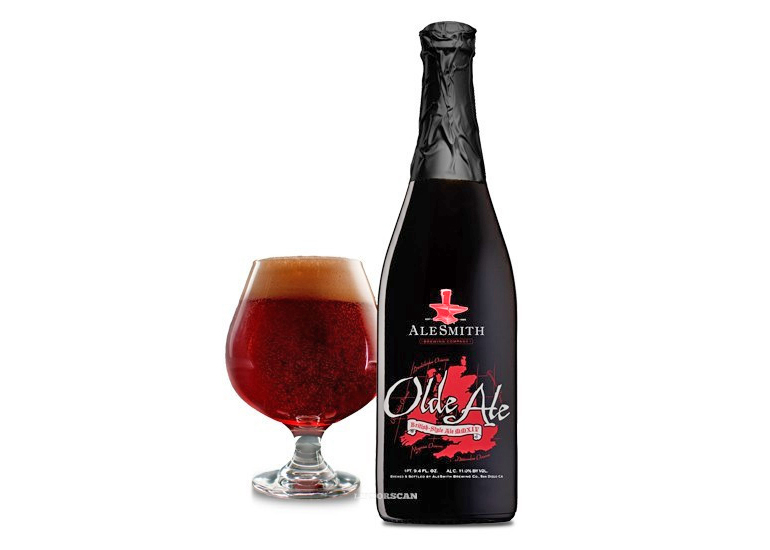
Great Divide Hibernation Ale: Billed as Colorado’s original strong ale, Great Divide has been cranking out this classic since 1995. It’s still around for a reason – it’s delicious and age-able, though each batch comes with three months of age on it to mellow the alcohol and blend the flavors. Hops will be more apparent in this one, but generous dry-hopping keeps the bitterness from being overpowering. The recipe varies each year, as do the seasons, but it’s guaranteed to have you hibernating peacefully after just one. Drink with care!
8.7% ABV (varies according to year), IBU: Around 45
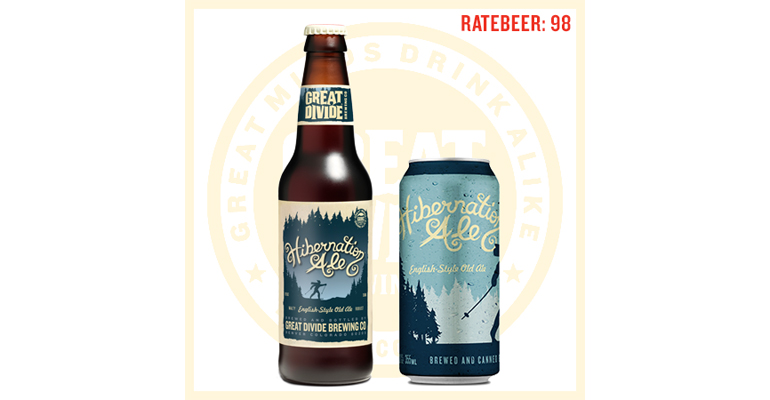
Wicked Weed Old Fashioned: Everybody loves a good Old Fashioned, and it’s still a recipe for success in beer form. Old ale is the base style, with sweet cherries, orange zest and four months of whiskey barrel aging to round out the remarkably similar flavors of one of the world’s most tried-and-true cocktails. You may have to trade around for this fellow, as it was a specialty brew, but its strength and warming heat fresh off the line means that many will be cellared, mellowing with a twinkle in their glass eyes. This is perfect for the whiskey lover in your life.
ABV: 10%, IBU: Around 20
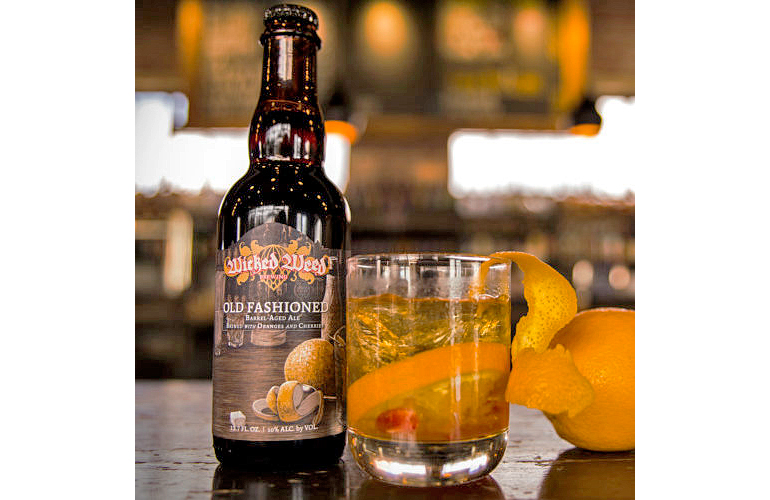
Some of these you’ll be able to pick up at the grocery store. Others might take a bit of digging, but never fear, these are but a few of thousands of examples that can rouse you from the daze of cinnamon and nutmeg-spiced ales and stouts that form the first line of defense against the cold. More importantly, don’t forget that styles are labels, and labels are simply a framework for perception and understanding. Our best means of perception is always our senses. Your glass can always be half full or empty of whatever you choose – never be afraid to drink outside the box. Stay warm, my friends.



